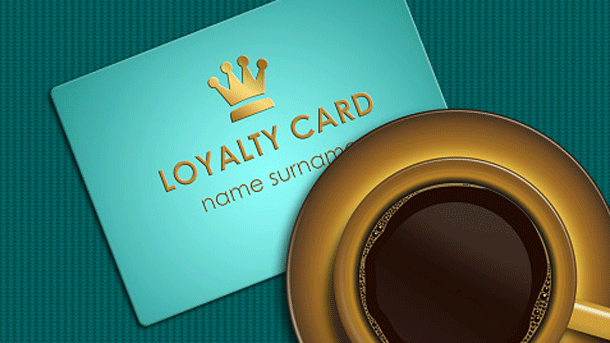ASK THE EXPERTS
Seven ways to run an effective loyalty program

A loyalty program can deliver a number of important benefits to restaurants, pubs and hotels. It provides operators with a way to reward customers and encourage repeat business. It is also an effective, measurable marketing tool – by gathering details about your guests, such as their e-mail address and location or date or birth, you can target them with promotions to help grow your revenue.
However, today’s millennial generation is looking for more than e-mail promotions: they want frictionless, personalised service. To help food and beverage operators understand what guests are seeking in a loyalty program, Oracle Hospitality has conducted a global consumer survey to discover the essential ingredients for a restaurant loyalty program.
1 Set up a loyalty scheme
Not every restaurant or cafe has a loyalty program but there is a demand for them. If you don’t have one then it’s worth looking into. UK customers are more receptive to loyalty schemes than those in other countries. Only 6% of the UK population say they never join a loyalty programme, compared with 11% in Germany and 14% in the US.
2 Diners like getting something for free
Offering a free product, such as every 10th coffee free or a complimentary glass of champagne, is an effective form of loyalty in the UK restaurant industry. 71% of UK diners say free products are the most attractive rewards, compared with only 64% of people in France and 38% of people in Japan. 72% of UK customers also want a discount on every purchase, compared with 64% of people in the US.
3 Make rewards relevant and easy to redeem
The relevance of a reward is the most important thing for customers, followed by them being easy to redeem and use. A reward program should also be simple to use and easy to understand, as this is the third most important factor for people when choosing to sign up to a scheme. 30% of people will not join a loyalty scheme if the rewards are not attractive or relevant to them.
4 Make it mobile
An app that enables mobile payment is one of the most important aspects for a loyalty scheme among UK diners. Over half of customers aged 18-50 years old want restaurants to offer loyalty programs via a mobile app.
5 Offer something different
Customers have become tired of the standard loyalty offers that have been used by the larger restaurant chains in the past. Only 33% of UK customers say they would like a scheme to provide birthday and other celebratory offers, compared with 61% of people in Japan and 47% in the US.
6 Keep rewards active
Rewards expiring too quickly is the main reason for people leaving a program. The longer rewards remain active, the more likely customers are to take advantage of them.
7 Don’t get too personal
Asking for too much personal information can be very off-putting for people, although UK customers are more willing to part with this information than others. 22% of UK diners say that asking for too much personal data would make them leave or not sign up to a program, compared with 35% of people in France.
Oracle Hospitality delivers software, hardware and related services to customers in the hospitality industry. Information in this article is based on its report Recipe for Engagement: Essential Ingredients for a Restaurant Loyalty Program. Download the full report here





























